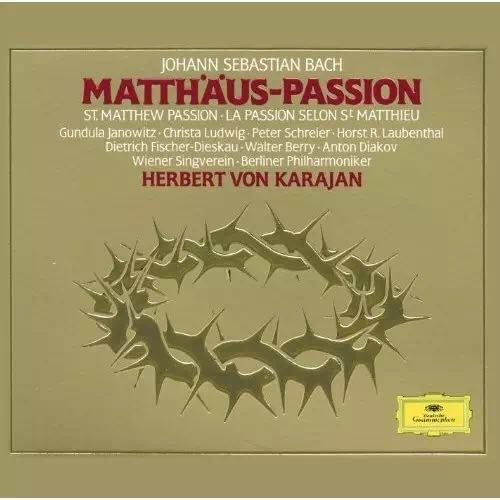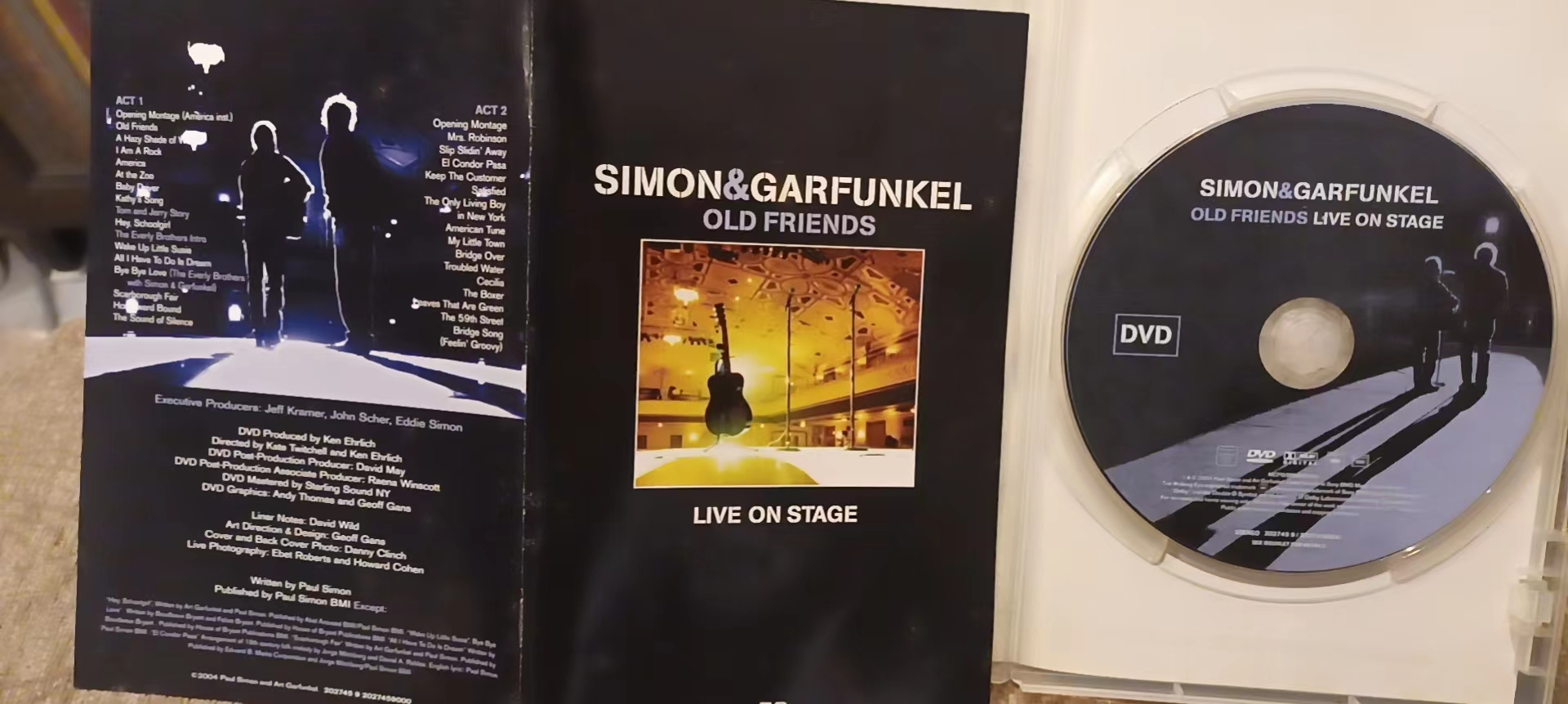Hans Leo Hassler wrote around 1600 for a secular love song, “Mein G’müt ist mir verwirret [de]”. The tune was used by other composers for hymns:
Hans Leo Hassler在1600年左右为一首世俗的情歌 “Mein G’müt ist mir verwirret[de]”而写。这个调子被其他作曲家用在圣诗中。
1. Herzlich tut mich verlangen
“Herzlich tut mich verlangen” (I do desire dearly) is a German hymn, with lyrics written in 1599 by Christoph Knoll, with a melody adapted from a secular song by Hans Leo Hassler. It is a prayer for a blessed death, beginning “Herzlich tut mich verlangen nach einem sel’gen End” (I do desire dearly a blessed end). Its hymn tune, Zahn No. 5385a,was later also used for Paul Gerhardt‘s “Befiehl du deine Wege” and “O Haupt voll Blut und Wunden“(In English: “O Sacred Head, Now Wounded”)
“Herzlich tut mich verlangen”(I do desire dearly)是一首德国圣诗,歌词由Christoph Knoll写于1599年,旋律改编自Hans Leo Hassler的一首世俗歌曲。它是一首祈祷赐福死亡的诗歌,开头是 “Herzlich tut mich verlangen nach einem sel’gen End”(我确实非常渴望有福的结局)。它的圣诗曲调Zahn No.5385a,后来也被用于Paul Gerhardt的 “Befiehl du deine Wege”和”O Haupt voll Blut und Wunden”(英语:”O Sacred Head, Now Wounded” )。
[tds_partial_locker tds_locker_id=”10701″]2. St Matthew Passion
Johann Sebastian Bach used “Befiehl du deine Wege” and its 1601 tune by Hans Leo Hassler (“Herzlich tut michverlangen“, Zahn No. 5385a) in his St. Matthew Passion.(Matthäus-Passion BWV 244. 54. Choral: O Haupt voll Blutund Wunden)(only verses 1 and 2)

Paul Gerhardt‘s hymn is based on part of a long poem in Latin on the passion of Christ. It is ascribed to Arnulf of Louvain (fl. 1240-48), a Cistercian and Abbot of Villiers in Brabant. The text and a literal translation is provided below. Gerhardt‘s version is a reworking rather than a translation of the Latin. Many details are expanded or adapted to suggest a more personal contemplation of Christ on the cross. The two poems are also printed side by side for comparison.
Paul Gerhardt的圣诗,基于一首部分有关基督受难的拉丁文长诗。这首诗是由Arnulf of Louvain(1240-48)创作的,他是西多会(Cistercian)的成员,也是布拉邦特的维利尔斯修道院院长(Abbot of Villiers in Brabant)。下文提供了文本和字面翻译。Gerhardt的版本是对拉丁文的改写,而不是翻译。许多细节被扩展或改编,以表明对十字架上的基督有更多的个人思考。这两首诗并排印出,以供比较。
| German Text (verses in bold print set by Bach) | English Translation | |
| 1 | O Haupt voll Blut und Wunden, Voll Schmerz und voller Hohn, O Haupt, zum Spott gebunden Mit einer Dornenkron; O Haupt, sonst schön gezieret Mit höchster Ehr‘ und Zier, Jetzt aber höchst schimpfieret: Gegrüßet sei’st du mir! | O Head full of blood and wounds, full of pain and full of derision, O Head, in mockery bound with a crown of thorns, O Head,once beautifully adorned with the most honour and adornment, but now most dishonoured: let me greet you! |
| 2 | Du edles Angesichte, Davor sonst schrickt und scheut Das große Weltgewichte, Wie bist du so bespeit! Wie bist du so erbleichet! Wer hat dein Augenlicht, Dem sonst kein Licht nicht gleichet, So schändlich zugericht’t? | You noble countenance, before which once shrinks and cowers the great might of the world, how you are spat upon! How you are turned pallid! Who has treated those eyes to which no light is comparable so shamefully? |
| 3 | Die Farbe deiner Wangen, Der roten Lippen Pracht Ist hin und ganz vergangen; Des blaßen Todes Macht Hat alles hingenommen, Hat alles hingerafft, Und daher bist du kommen Von deines Leibes Kraft. | The colour of your cheeks, the splendour of your red lips has vanished completely; the might of pale death has taken all away, has snatched up all, and you have come to this through your love’s strength. |
| 4 | Nun, was du, Herr, erduldet, Ist alles meine Last; Ich hab’ es selbst verschuldet, Was du getragen hast. Schau her, hier steh’ ich Armer, Der Zorn verdienet hat; Gib mir, o mein Erbarmer, Den Anblick deiner Gnad! | Now what you, Lord ,endure, Is all my burden; I have myself deserved what you have borne. See , I stand here a poor man who has deserved your wrath; grant to me, O my comforter, a glimpse of your grace. |
| 5 | Erkenne mich, mein Hüter, Mein Hirte, nimm mich an! Von dir, Quell aller Güter, Ist mir viel Gut’s getan. Dein Mund hat mich gelabet Mit Milch und süßer Kost; Dein Geist hat mich begabet Mit mancher Himmelslust. | Recognise me, my guardian, my shepherd, take me with you! By you, the source of all goodness, has so much good be done for me. Your mouth has refreshed me with milk and sweet food; your spirit has bestowed on me so many heavenly pleasures. |
| 6 | Ich will hier bei dir stehen, Verachte mich doch nicht! Von dir will ich nicht gehen, Wenn dir dein Herze bricht; Wenn dein Haupt wird erblaßen Im letzten Todesstoß, Alsdann will ich dich faßen In meinen Arm und Schoß. | I shall stand here with you, do not then scorn me! I do not want to leave you when your heart is breaking; when your set turns pale in the last throes of death then I want to grasp you think in my arm and bosomui1e. |
| 7 | Es dient zu meinen Freuden Und kommt mir herzlich wohl, Wenn ich in deinem Leiden, Mein Heil, mich finden soll. Ach, möcht’ ich, o mein Leben, An deinem Kreuze hier Mein Leben von mir geben, Wie wohl geschähe mir! | It serves to give me joy and does my heart good when in your sufferings, my saviour, I can find myself. Ah, if only I could, O my life, here at your cross give my life away from me, what good fortune that would be for me! |
| 8 | Ich danke dir von Herzen, O Jesu, liebster Freund, Für deines Todes Schmerzen, Da du’s so gut gemeint. Ach gib, daß ich mich halte Zu dir und deiner Treu’ Und, wenn ich nun erkalte, In dir mein Ende sei! | I thank you from my heart, O Jesus, dearest friend, for the sorrows of your death, where what you intended was so good. Ah grant that I may keep myself with you and your faithfulness and if I grow cold, may my end be with you! |
| 9 | Wenn ich einmal soll scheiden, So scheide nicht von mir; Wenn ich den Tod soll leiden, So tritt du dann herfür; Wenn mir am allerbängsten Wird um das Herze sein, So reiß mich aus den Ängsten Kraft deiner Angst und Pein! | When I must once and for all depart, then do not depart from me; when I must suffer death, then stand by me; when my heart will be most fearful, then snatch me from the terrors by the virtue of your own fear and pain! |
| 10 | Erscheine mir zum Schilde, Zum Trost in meinem Tod, Und laß mich sehn dein Bilde In deiner Kreuzesnot! Da will ich nach dir blicken, Da will ich glaubensvoll Dich fest an mein Herz drücken. Wer so stribt, der stirbt wohl. | Appear to me as my shield, as comfort in my death, and grant that I may see your image in your agony on the cross! Then I shall look towards you, then full of faith I shall press you closely to my heart. To die in this way is to die well. |
3. American Tune
“American Tune” is a song by the American singer-songwriter Paul Simon. It was the third single from his third studio album, There Goes Rhymin’ Simon (1973), released on Columbia Records. The song, a meditation on the American experience, is based on the melody of the hymn “O Sacred Head, Now Wounded“.
“American Tune “是美国歌手兼作曲家保罗·西蒙(Paul Simon)的一首歌曲。它是他在哥伦比亚唱片公司发行的第三张录音室专辑《There Goes Rhymin’ Simon》(1973)的第三首单曲。这首歌是对美国的沉思,是根据圣诗”O Haupt voll Blut und Wunden”的旋律创作的。
歌词:
Many’s the time I’ve been mistaken
And many times confused
Yes, and I’ve often felt forsaken
And certainly misused
Oh, but I’m alright, I’m alright
I’m just weary to my bones
Still, you don’t expect to be bright and bon vivant
So far away from home
So far away from home
I don’t know a soul who’s not been battered
I don’t have a friend who feels at ease
I don’t know a dream that’s not been shattered
Or driven to its knees
Oh, but it’s alright, it’s alright
For we’ve lived so well so long
Still, when I think of the road we’re traveling on
I wonder what’s gone wrong
I can’t help it, I wonder what’s gone wrong
And I dreamed I was dying
I dreamed that my soul rose unexpectedly
And looking back down at me
Smiled reassuringly
And I dreamed I was flying
And high up above my eyes could clearly see
The Statue of Liberty
Sailing away to sea
And I dreamed I was flying
Oh, we come on the ship they call the Mayflower
We come on the ship that sailed the moon
We come in the age’s most uncertain hours
And sing an American tune
Oh, and it’s alright, it’s alright, it’s alright
You can’t be forever blessed
Still, tomorrow’s gonna be another working day
And I’m trying to get some rest
That’s all, I’m trying to get some rest

